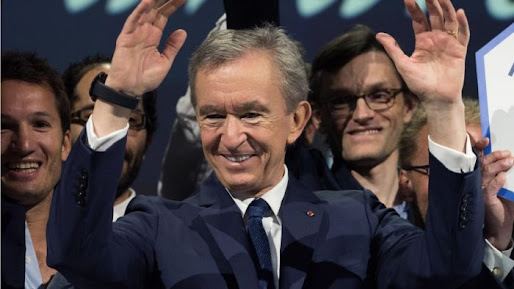WHAT OBAMA'S FAREWELL MESSAGE TEACHES US!
OBAMA'S MISTAKEPOLITICS IS ABOUT POWER. WHEN WE LOSE SIGHT OF THAT, WE LOSE.
POLITICS IS OFTEN DEFINED BY IRRECONCILABLE DIFFERENCES AND INEVITABLE CONFLICT RATHER THAN SHARED VALUES AND COMMON INTEREST. THIS MEANS THAT THE PRACTICE OF POLICY AND GOVERNANCE IS ABOUT THE PURSUIT AND EXERCISE OF POWER.
This penchant for substituting his own values, principles, and assumptions for American ones is part of why liberals see speeches like Obama's farewell address as conciliatory and inspiring while conservatives see them as condescending lectures. There's nothing wrong with this as a conscious political tactic, but Obama does it so constantly and seemingly unconsciously that it's hard to escape the idea that he believes it to be literally true. This probably explains Obama's tendency to frame even deeply ideological problems in apolitical, technocratic terms, as when he said of his embattled signature legislation: "And if anyone can put together a plan that is demonstrably better than the improvements we’ve made to our health care system — that covers as many people at less cost — I will publicly support it." It makes very little sense to engage in a debate with deep disagreements about issues as fundamental as "What is health care?" as if it is a bidding war for a government contract.
Obama's attitude toward political conflict is also the reason that his favorite way of telling the American story is as a struggle to close the gap between the American ideal and the America that exists — the pursuit of the "More Perfect Union." This is a convenient narrative framing because it turns politics into an abstraction with no opponents, a game of solitaire. When there is a "we" participating in struggle, there is also a "them" struggling against us — whether their struggle is just and righteous or not. Obama invoked the Selma march as an example of "we, the people" showing "the capacity to change" and striving "together to achieve a greater good." And it is true: Those who marched to Selma were America, and their dissent was in the American tradition of dissent and rebellion. But those who swung clubs and cracked skulls on the Edmund Pettus Bridge were also America, and they lay claim to another American heritage. The victories won by those marchers weren't about consensus, about "our" decision to change; they were about one vision of what America should be confronting and defeating a competing vision. "We, the people" wasn't all of us. It seldom is.
At its core, politics is about power: who wields it, and to what end. The rest is supplemental. That’s not to say that we should ignore rule of law, that we shouldn't treat political opponents with basic human dignity and respect, or that we should trample what's left of democratic norms. These values are still important. But we need to recognize that these things are ground rules, and that our foes may ignore them. This lesson, that politics is about power, is one I don't think Obama ever fully internalized. But if we want to have any hope of surviving Donald Trump's presidency, it is one that we have to know in our bones.



Comments
Post a Comment